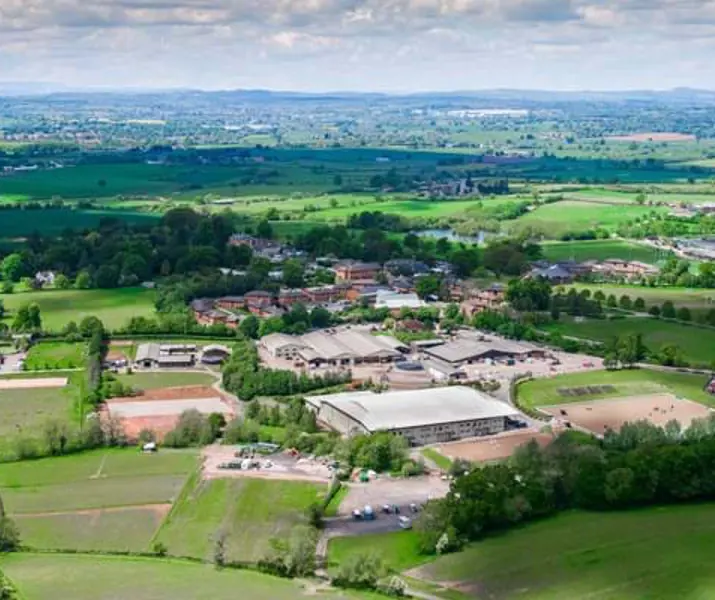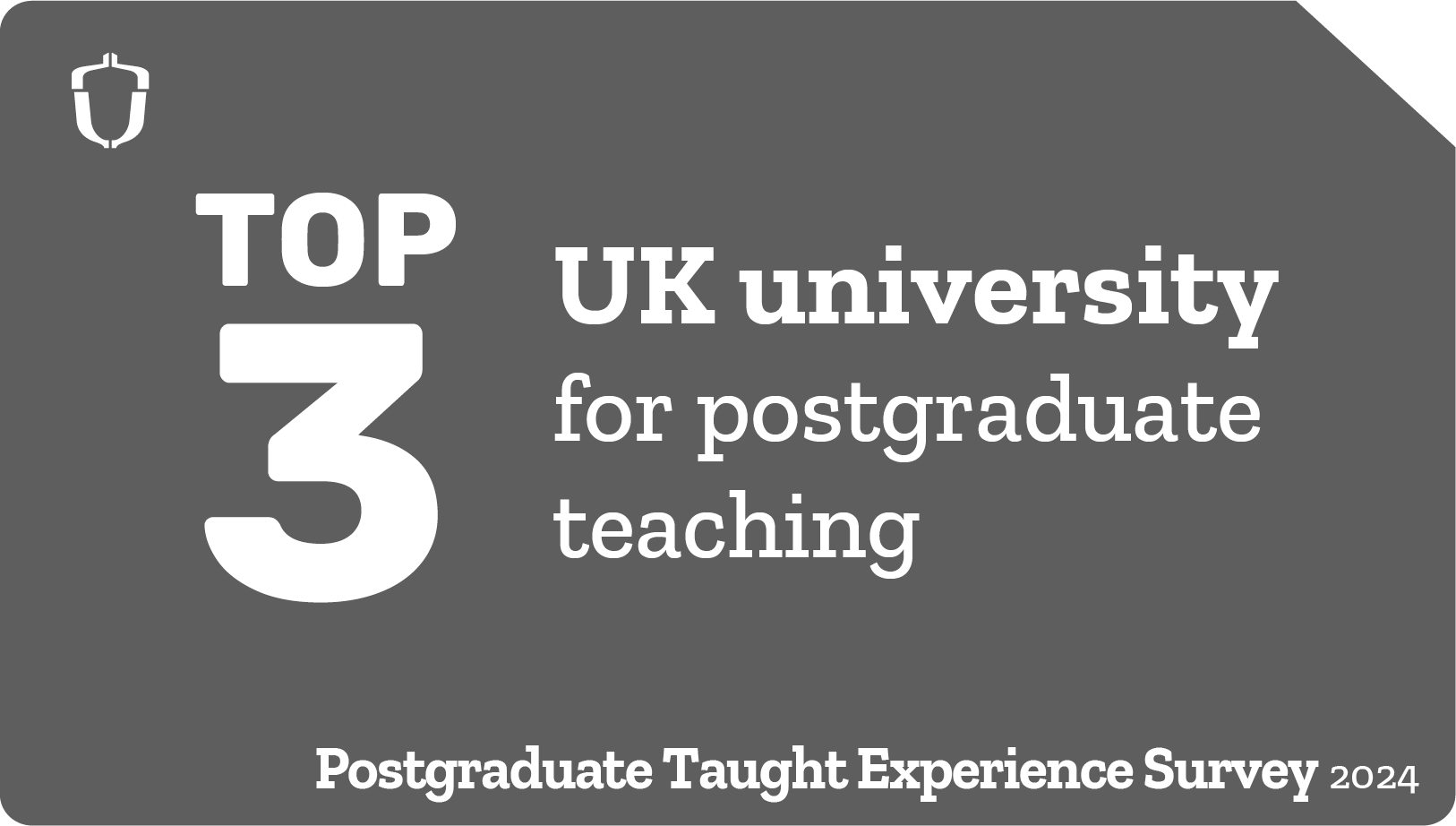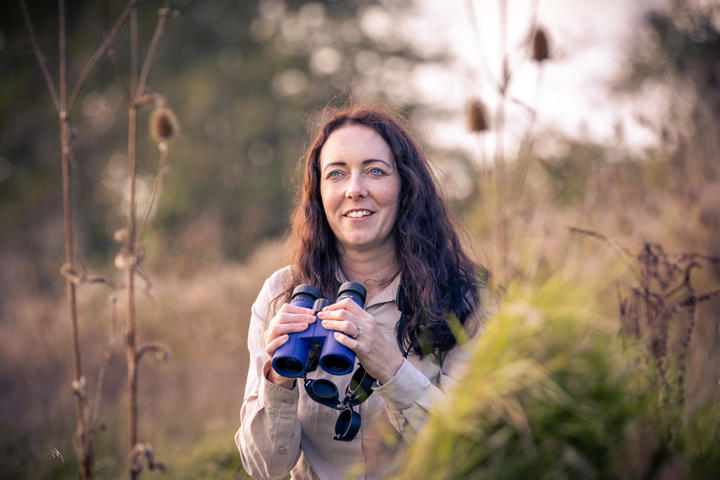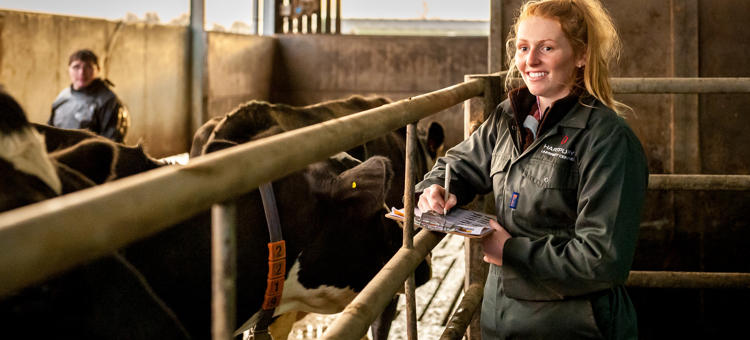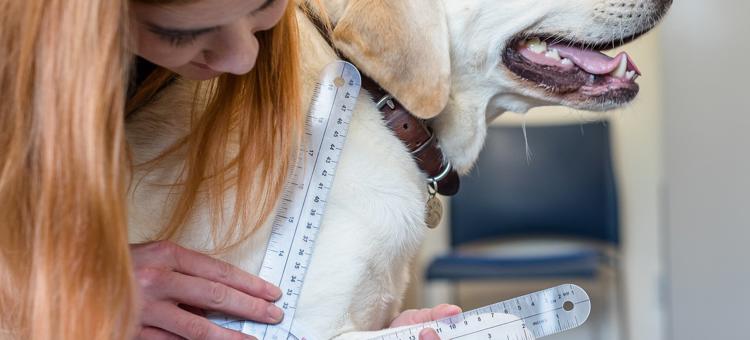Your career
Industry opportunities on this course are diverse, to ensure you develop the skills, experience and connections needed for your career.
Field trips and guest lecturers
Field trips and industry professionals in lectures form an important part of this programme, enabling you to experience different businesses, careers and best practices.
Trips are planned to include Knepp Rewilding Estate in West Sussex (residential), Hasfield Court in Gloucestershire, the Forest of Dean, Wildfowl and Wetlands Trust (WWT) Slimbridge, and the Natural History Museum at Tring amongst others.
Guest lecturers are likely to included conservationists, sustainability experts, and ecological consultants, in addition to academic researchers.
Practical skills
You will develop key practical skills valued by industry within this course including completion of a recognised field ID certificate and chainsaw training, as well as learning how to use GIS software.
Graduate destinations
As a graduate of this course you may go on to a career in practical conservation, ecological consultancy, NGOs, research, environmental science, science communication or teaching. Opportunities for progression to PhD will be supported and promoted. Our careers team can support you to find and prepare to secure your perfect role.




